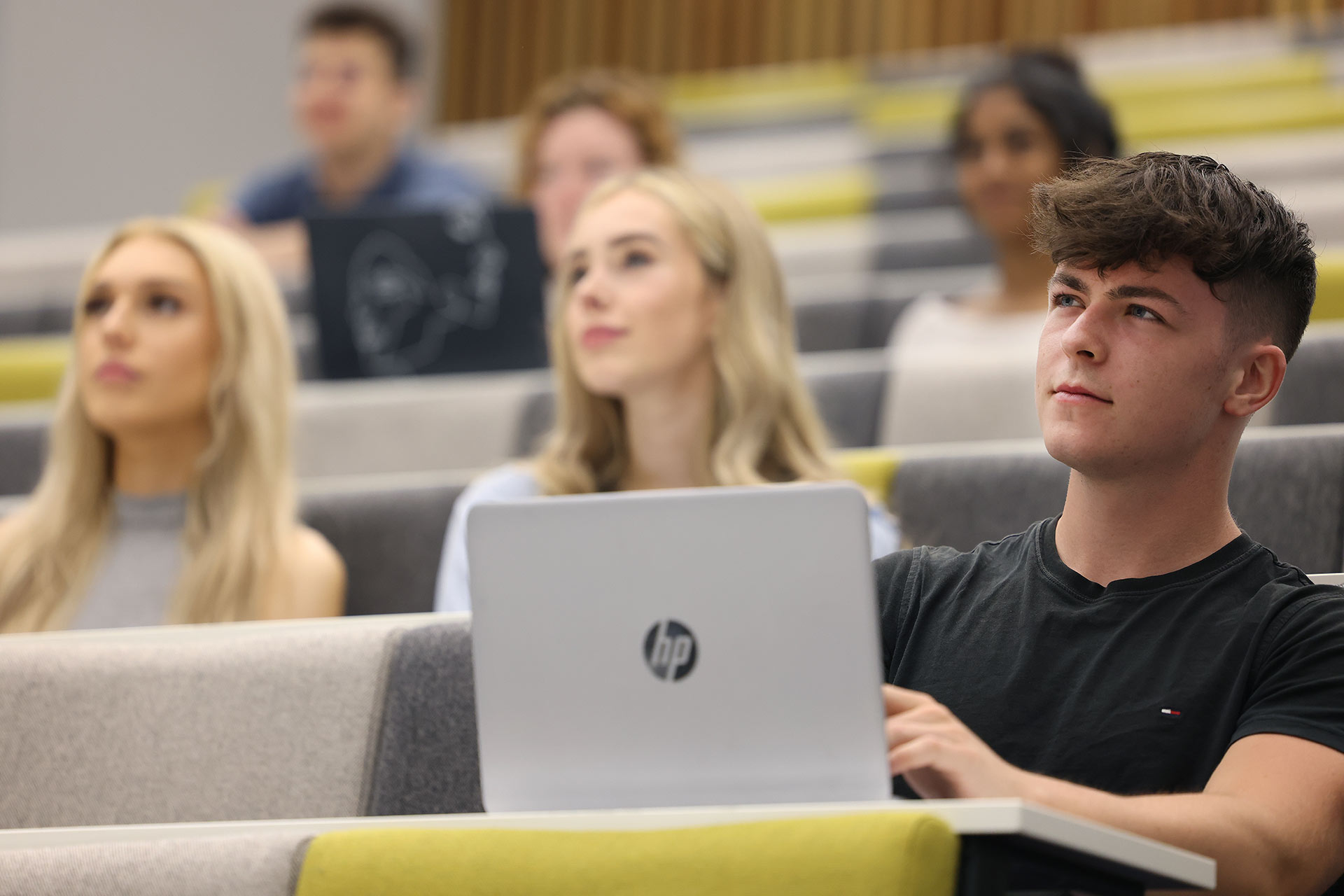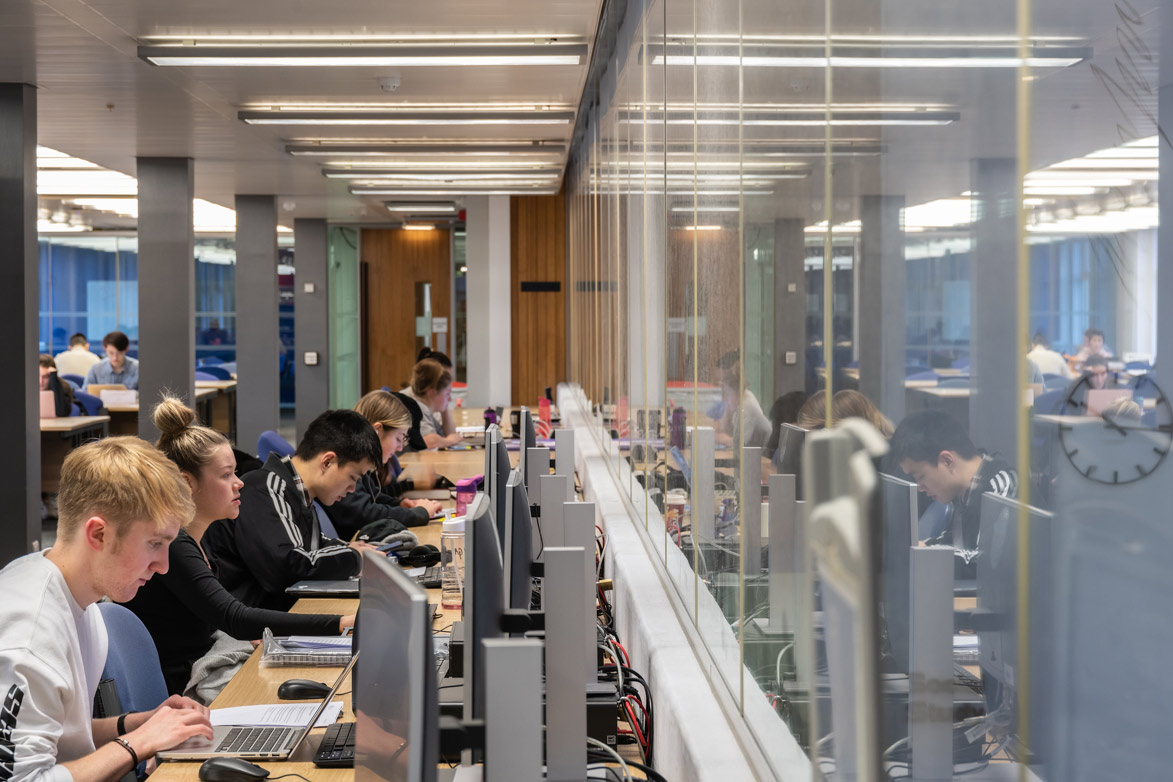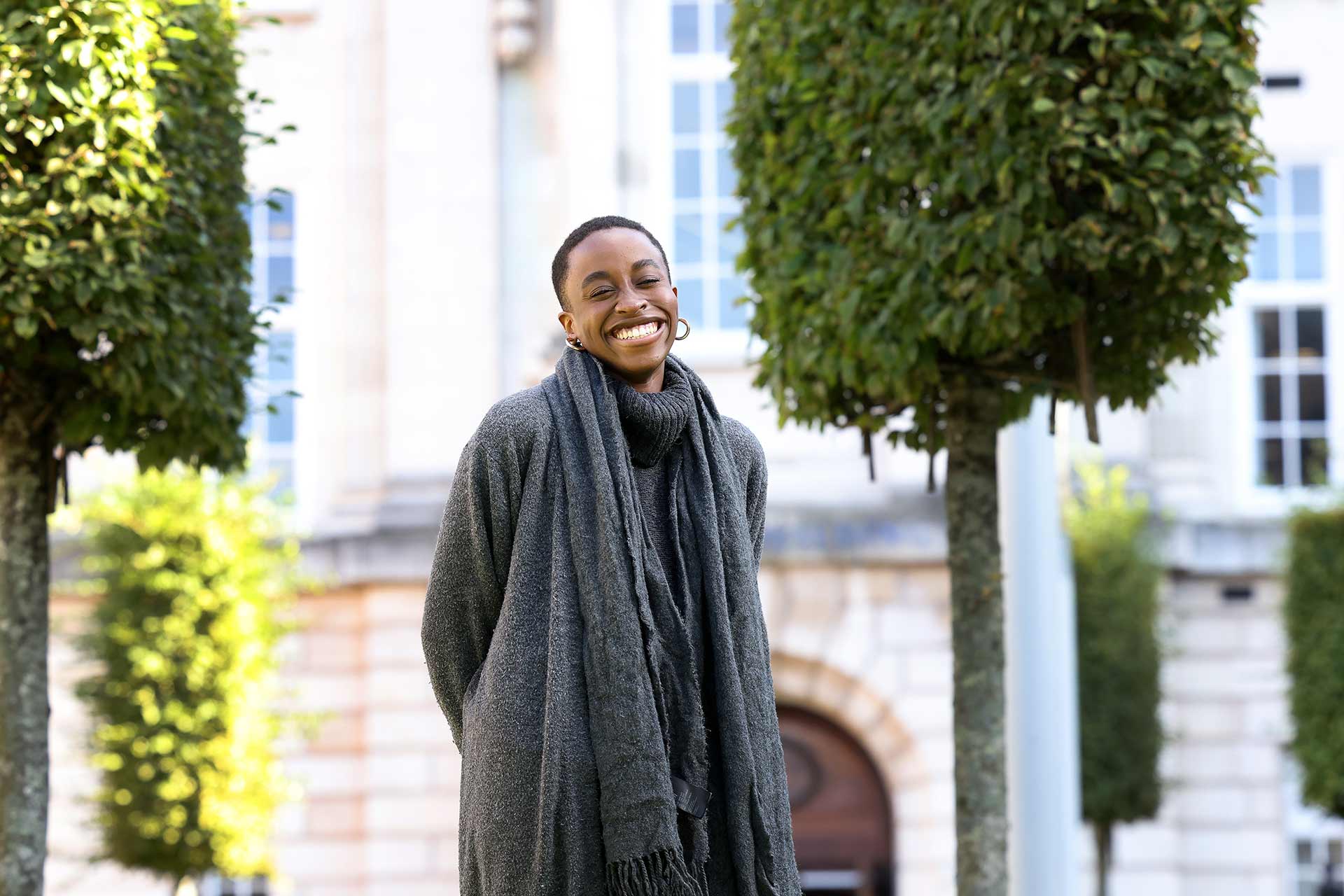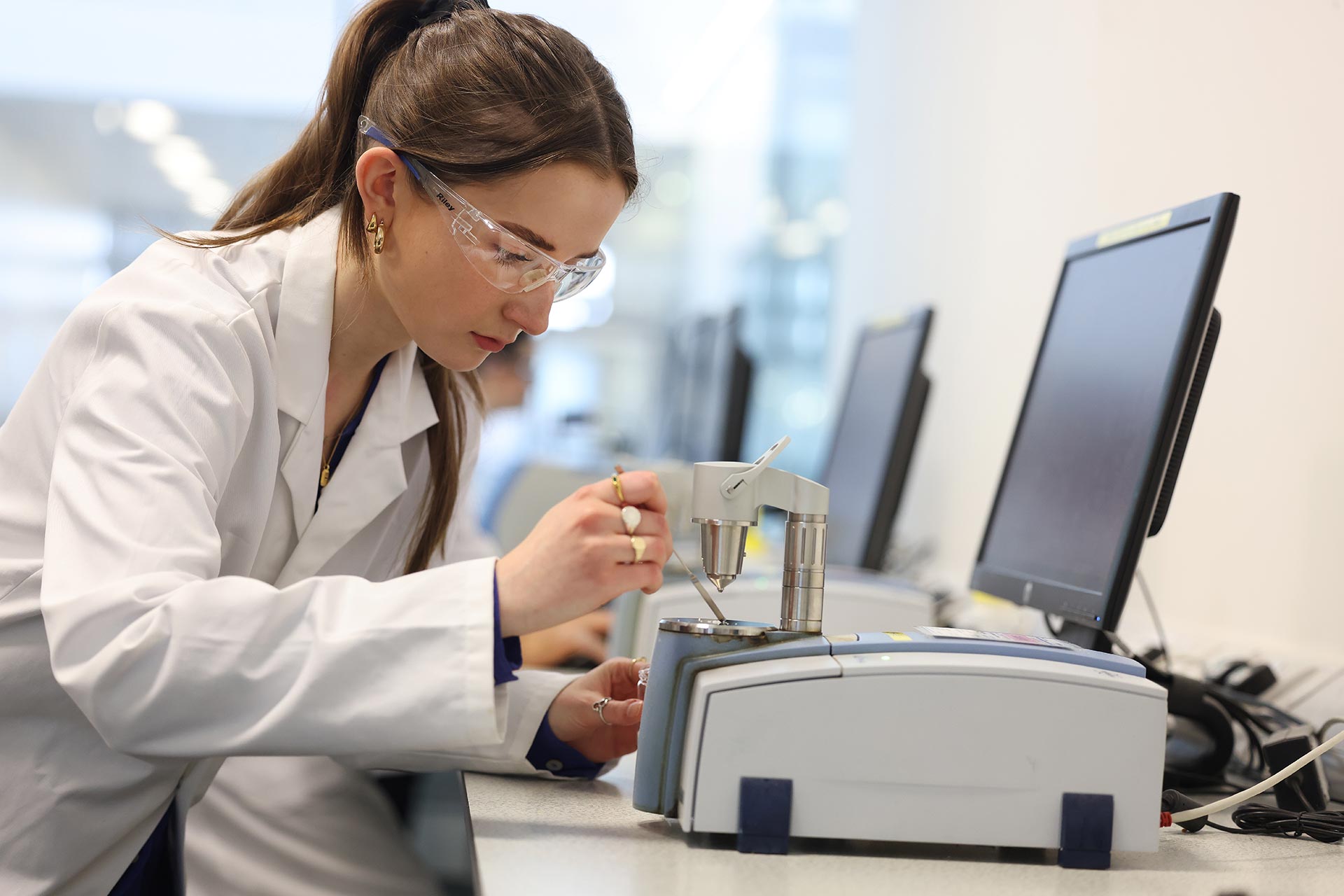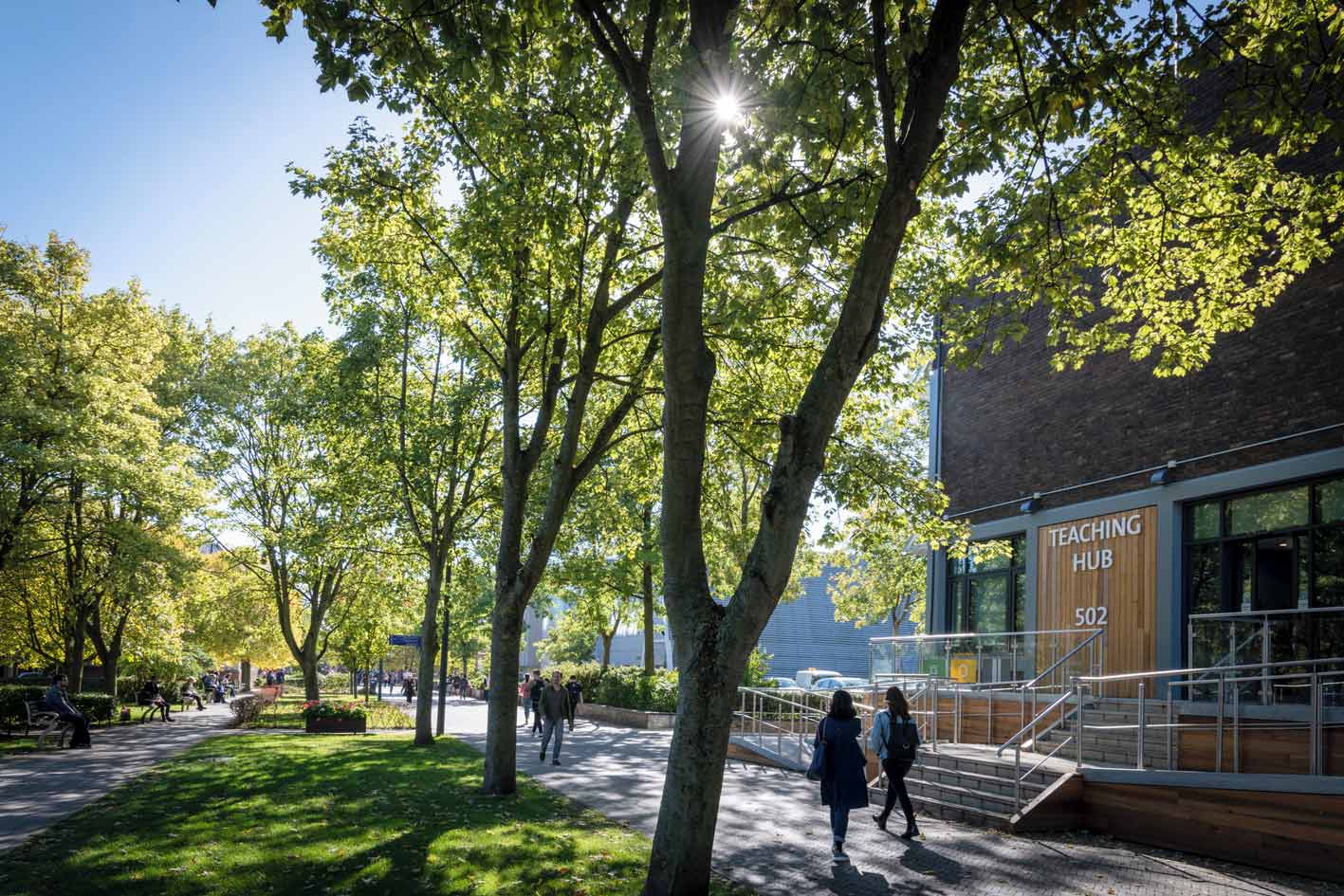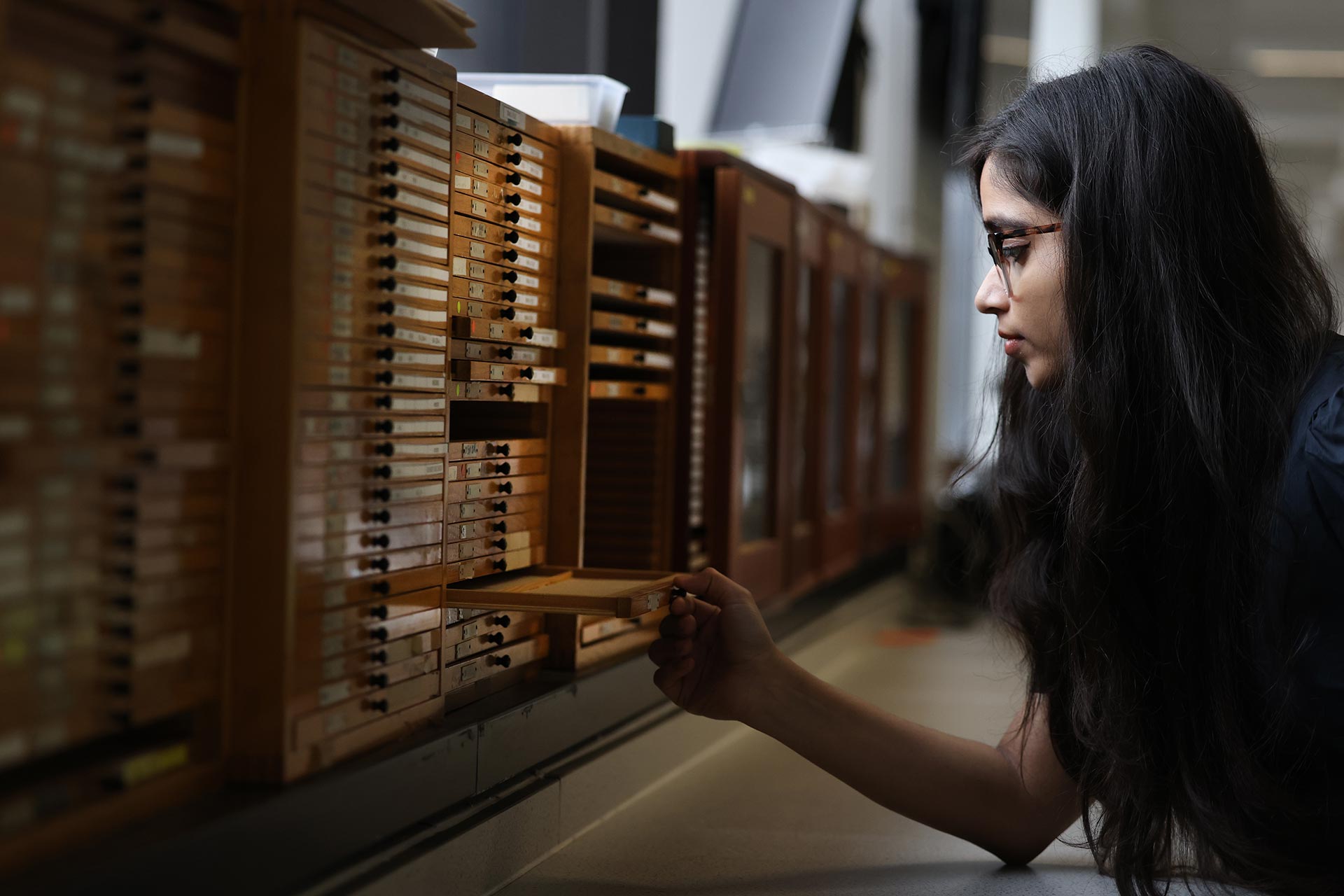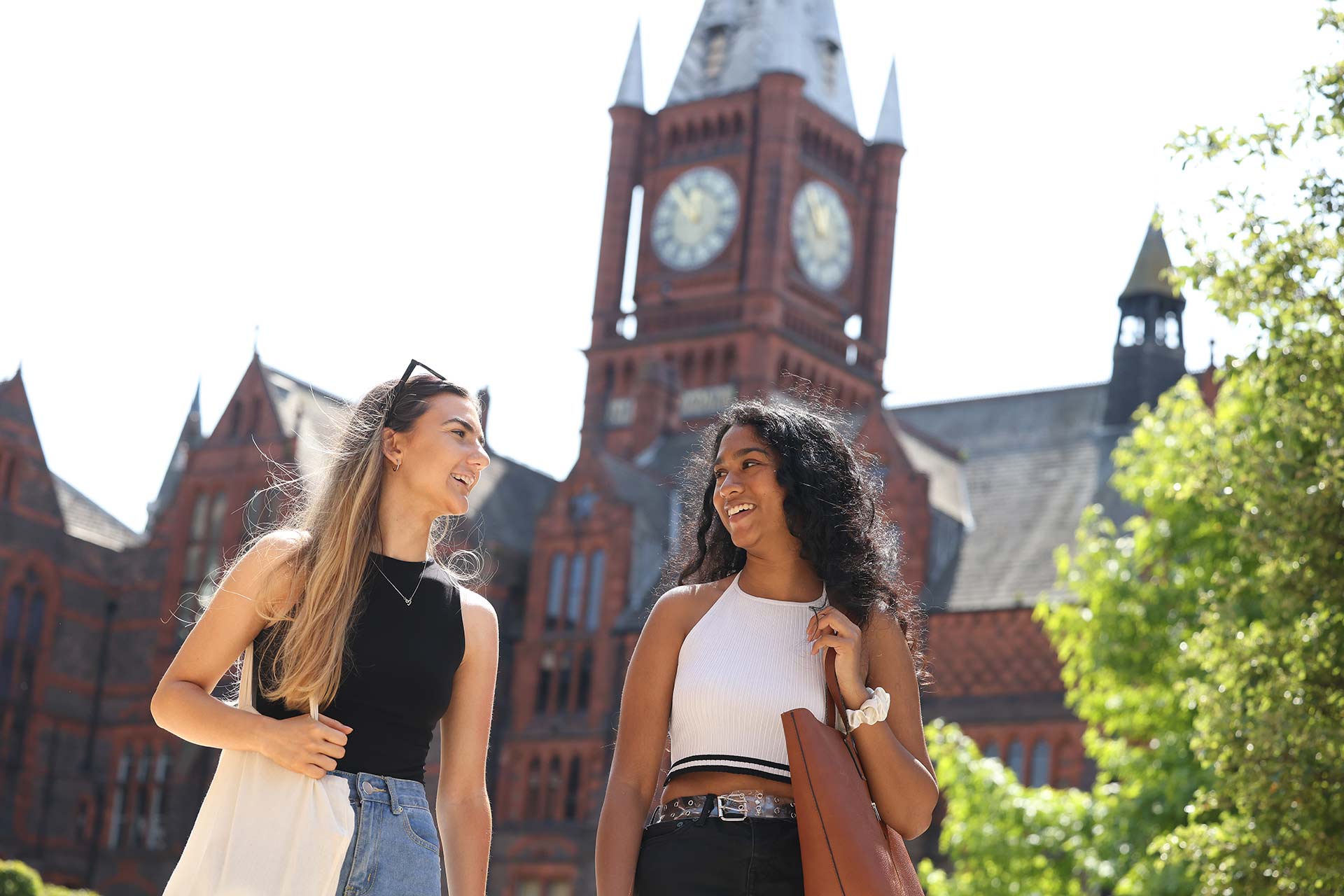
Paying for your studies
One way we can help you pay for your studies is with our new Advancement Scholarships. If you're an international student starting a master's course with us, you could be eligible to receive up to £5,000 off your tuition fees.
Everything you need to know about student finance, in one place
Get all the information you need about the financial support that's available while you study and the costs you can expect at university. From tuition fees to applying for student finance, funding postgraduate studies, and managing your money.
